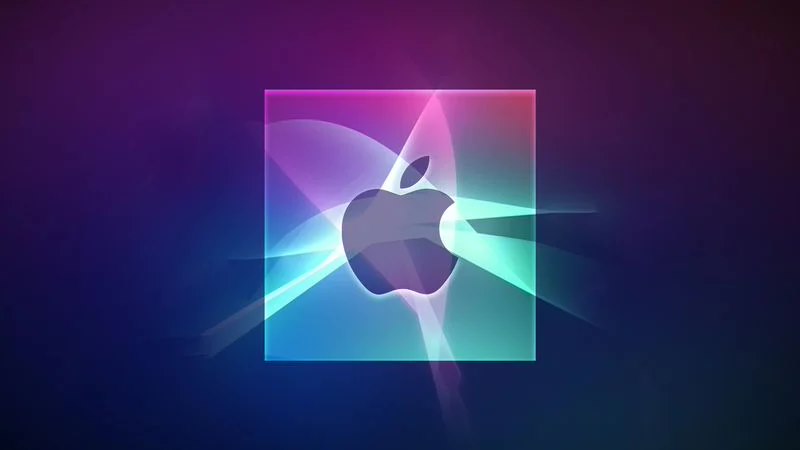According to the Financial Times.appleCompany fromGoogleDozens of AI experts have been poached and a "mysterious European lab" has been set up in Zurich, Switzerland, to form a new team responsible for developing AI models and products.

According to a Financial Times analysis of LinkedIn profiles, since 2018, when Apple tapped John Giannandrea to be its chief AI exec, theThe company has recruited at least 36 Google AI experts.
Apple's main AI teams are based in California and Seattle, but the company recently expanded its AI-focused offices in Zurich, Switzerland. Rumors suggest that Apple's acquisition of local AI startups FaceShift (VR) and Fashwell (image recognition) prompted the company's decision to set up a secretive research lab in Zurich called the Vision Lab.
The report claims that employees at the lab are involved in Apple's research into the underlying technology for OpenAI-like chatbot ChatGPT and other Large Language Model (LLM)-based products. The research focuses on designing more advanced AI models that can combine text and visual input to generate responses.
The report noted thatApple's recent commitment to large-scale language modeling is a natural extension of its work on the Siri project over the past decade.
The company has long recognized the potential of "neural networks," a form of artificial intelligence inspired by the way neurons in the human brain interact, and the technology underlying breakthrough products like ChatGPT.
Chuck Wooters, an expert in conversational artificial intelligence and large-scale language modeling, joined Apple in December 2013 and worked on the Siri project for nearly two years. One of the things the Siri team was pushing for during that time was to move speech recognition to a neural network architecture," he says. Even before the rise of large-scale language modeling, they were big proponents of neural networks."
Currently, Apple's AI leadership team includes a number of high-profile former Google employees, such as John Giannandrea, former head of Google Brain (now part of DeepMind), and Samy Bengio, Apple's senior director of AI and machine learning research, who was one of Google's chief AI scientists. Samy Bengio, Apple's senior director of AI and machine learning research, was one of Google's chief AI scientists, as was Ruoming Pang, who headed Apple's "basic modeling" team focused on large-scale language models and previously led Google's AI speech recognition research.
In 2016, Apple acquired Perceptual Machines, a company founded by Carnegie Mellon's Ruslan Salakhutdinov, which focuses on generative AI-driven image detection. Salakhutdinov is considered a key figure in the history of neural networks, having studied at the University of Toronto under Geoffrey Hinton, the "father of neural networks," who left Google last year over concerns about the dangers of generative AI.
Salakhtdinov told the Financial Times.Part of the reason for Apple's slow AI rollout is that the language model is prone to providing incorrect or problematic answers: "I think they're just a little bit more cautious because they're not going to release something that they can't fully control."
Rumor has it that iOS 18 will include new generative AI features for apps like Siri, Spotlight, Quick Commands, Apple Music, Messages, Health, Keynote, Numbers, Pages, and more. These features are expected to be powered by Apple's device-side Large Language Model, though Apple has also reportedly discussed partnerships with Google, OpenAI, and Baidu.
iOS 18 will be unveiled at WWDC, which kicks off on June 10th, so let's see what happens.